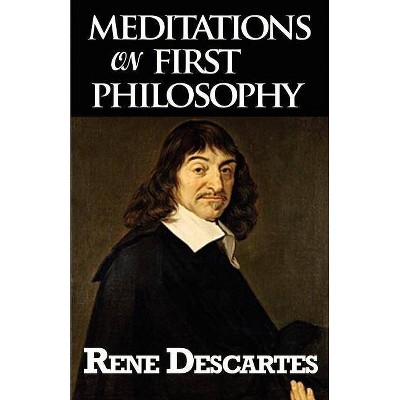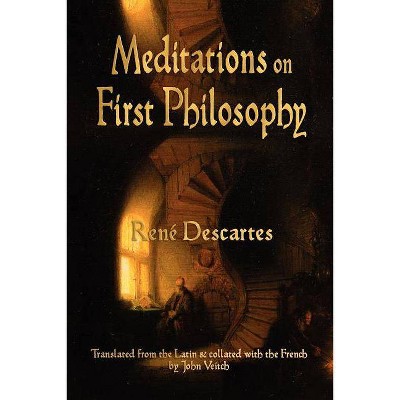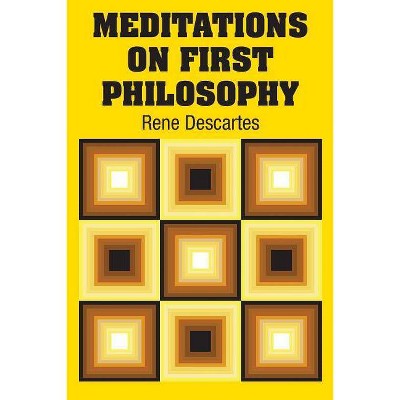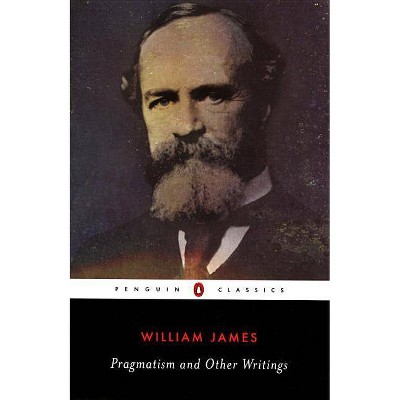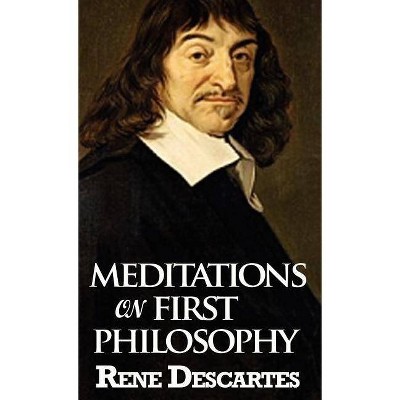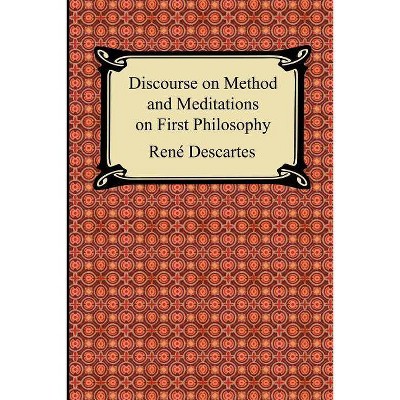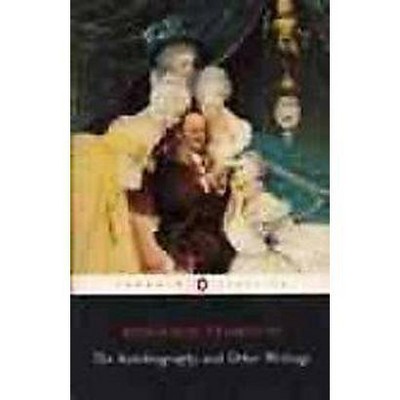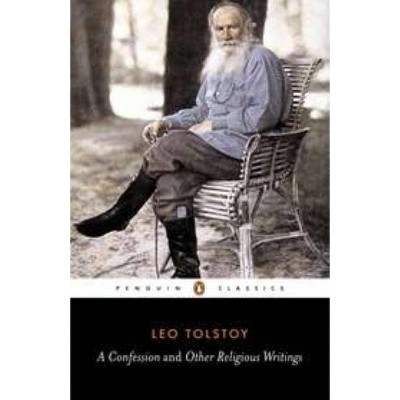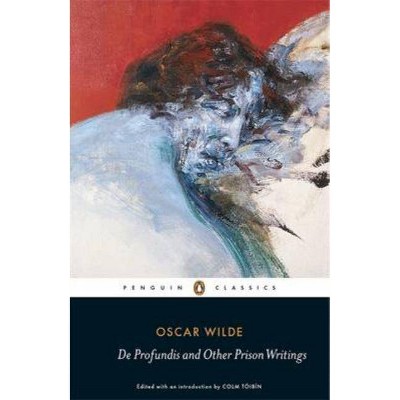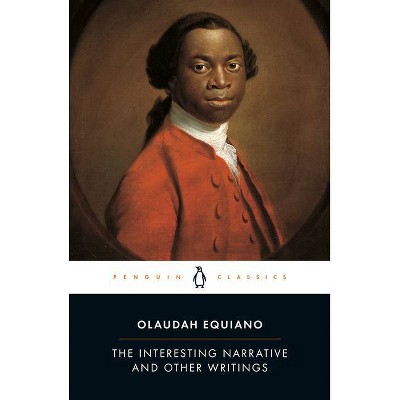Meditations and Other Metaphysical Writings - (Penguin Classics) by Rene Descartes (Paperback)
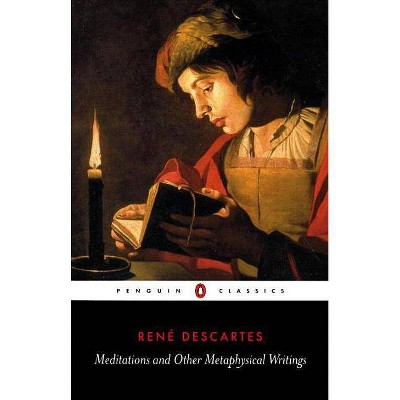
Similar Products
Products of same category from the store
AllProduct info
<p/><br></br><p><b> About the Book </b></p></br></br>"Reprinted with a new Chronology and updated Further Reading 2003"--T.p. verso.<p/><br></br><p><b> Book Synopsis </b></p></br></br><b>One of the foundation-stones of modern philosophy</b> <p/> Descartes was prepared to go to any lengths in his search for certainty--even to deny those things that seemed most self-evident. In his Meditations of 1641, and in the Objections and Replies that were included with the original publication, he set out to dismantle and then reconstruct the idea of the individual self and its existence. In doing so, Descartes developed a language of subjectivity that has lasted to this day, and he also took his first steps towards the view that would eventually be expressed in the epigram Cogito, ergo sum (I think, therefore I am), one of modern philosophy's most famous--and most fiercely contested--claims. The first part of a two-volume edition of Descartes' works in Penguin Classics, the second of which is <i>Discourse on Method & Related Writings</i>. <p/>For more than seventy years, Penguin has been the leading publisher of classic literature in the English-speaking world. With more than 1,700 titles, Penguin Classics represents a global bookshelf of the best works throughout history and across genres and disciplines. Readers trust the series to provide authoritative texts enhanced by introductions and notes by distinguished scholars and contemporary authors, as well as up-to-date translations by award-winning translators.<p/><br></br><p><b> From the Back Cover </b></p></br></br>TRANSLATED WITH AN INTRODUCTION BY DESMOND M. CLARKE<P>Of all the works of the man claimed by many as the father of modern philosophy, the Meditations (1641), must surely be Rene Descartes' masterpiece.<P>The six Meditations and accompanying selections from the Objections and Replies provide a definitive statement of what Descartes intended as the foundations of his whole philosophy. His project was to resolve the epistemological questions brought about by the prevailing scepticism of his age; to build, from the basis of self-awareness (Cogito, ergo sum), through the notion of a benevolent God, to a systematic and novel approach to metaphysics, and to construct a secure starting-point for science.<P>The first part of a new two-volume edition of the works of Descartes in Penguin Classics, this volume consists not only of a new translation of the original Latin text and extensive selections from the Objections and Replies, but also includes relevant correspondence from the period 1643-49, Part One of The Principles of Philosophy and Comments On a Certain Manifesto, as examples of Descartes' other metaphysical writings from the period 1641-49.<p/><br></br><p><b> About the Author </b></p></br></br><b>Rene Descartes</b> (1596-1650), French philosopher and mathematician, is generally regarded as the founder of modern philosophy. <p/><b>Desmond Clarke</b> is professor of philosophy at University College, Cork.
Price History
Price Archive shows prices from various stores, lets you see history and find the cheapest. There is no actual sale on the website. For all support, inquiry and suggestion messages communication@pricearchive.us
